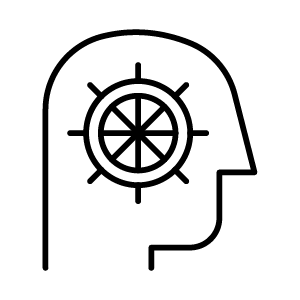Education
Connecting today’s youth with tomorrow’s workforce
The future of work will be very different from what it is today. Building a workforce for that future is a responsibility we take seriously. Our work designing and developing career pathways and conducting impact studies isn’t just about delivering outcomes today. We’re helping to improve career pathways for young people, create a more able and engaged workforce and build better workforces for the future. Because empowering them today, helps them shape a better tomorrow.
Case Studies
Bespoke workforce development for NSW industry
NSW Department of Education engaged Sparrowly Group to undertake an evaluation of the Workforce Development (WFD) Program. In collaboration with Investment NSW and Regional NSW, WFD delivers bespoke training solutions to assist large employers access, grow or up-skill their workforce.
OUR APPROACH
We started with developing a Program Logic Model to enable deep discovery to be undertaken. The methodology focused on assessing the program’s objectives, expected outcomes to measure and the quantitative and qualitative data sources to be leveraged.
A cost benefit analysis was conducted to inform the program’s value for money. This identified three key benefits - increased value of labour attained through vocational education and training (VET), avoided costs of self-servicing for businesses and increased business productivity. An analysis of program administrative data helped inform the outcome evaluation such as quantifying employment rates across various industry sectors.
Throughout the process, a range of stakeholders were engaged to help inform the economic and outcome evaluation. These stakeholders included large employers, training providers, Industry Training Advisory Bodies, Early Childhood Outcomes Division, Commonwealth Government, Investment NSW, Transport for NSW, Regional NSW and NSW Office of Environment and Climate Change.
IMPACT
The Department welcomed the breadth and depth of the evaluation findings, in particular the value of this bespoke approach to driving positive and rapid outcomes for industry.
The evaluation and observations made in 2023, will be used to inform future program design and provide a robust evidence base for future funding proposals.
Evaluating focused on building community connection
The Department of Education engaged Sparrowly Group to undertake an independent evaluation of their three Aboriginal Initiative programs to understand and quantify the impact that the programs are having at an individual level as well as for the communities across regional NSW.
OUR APPROACH
We started with a review of literature and available data in order to develop a program logic model clarifying program objectives, inputs, activities, outputs and short, medium and long term outcomes for each of the programs.Outcome, economic and process evaluations were then undertaken for each program with a focus on the capabilities, skills, knowledge, connections and potential in individuals, businesses and communities.
The evaluation was based also on qualitative data obtained through consultation with stakeholders such as providers of the programs, schools, participants, their families and organisations. A cost benefit analysis was also conducted to evaluate the program’s economic and social impact using data collected by the program including valuing the unquantified social benefits like connection to culture.
Finally we developed a series of strategic program recommendations that addressed the overall view of the program and key opportunities for improvements and changes across key areas including improved community and stakeholder engagement.
IMPACT
The evaluation used a strengths based approach to the three Aboriginal led programs to understand each initiative for its areas of strengths for the community, the individual and the organisation. Key to this was deep stakeholder engagement.
The evaluation has led to a review of current practices including program design and program monitoring for each of the Aboriginal Initiative three programs and will be used to develop a Business Case for further funding.






